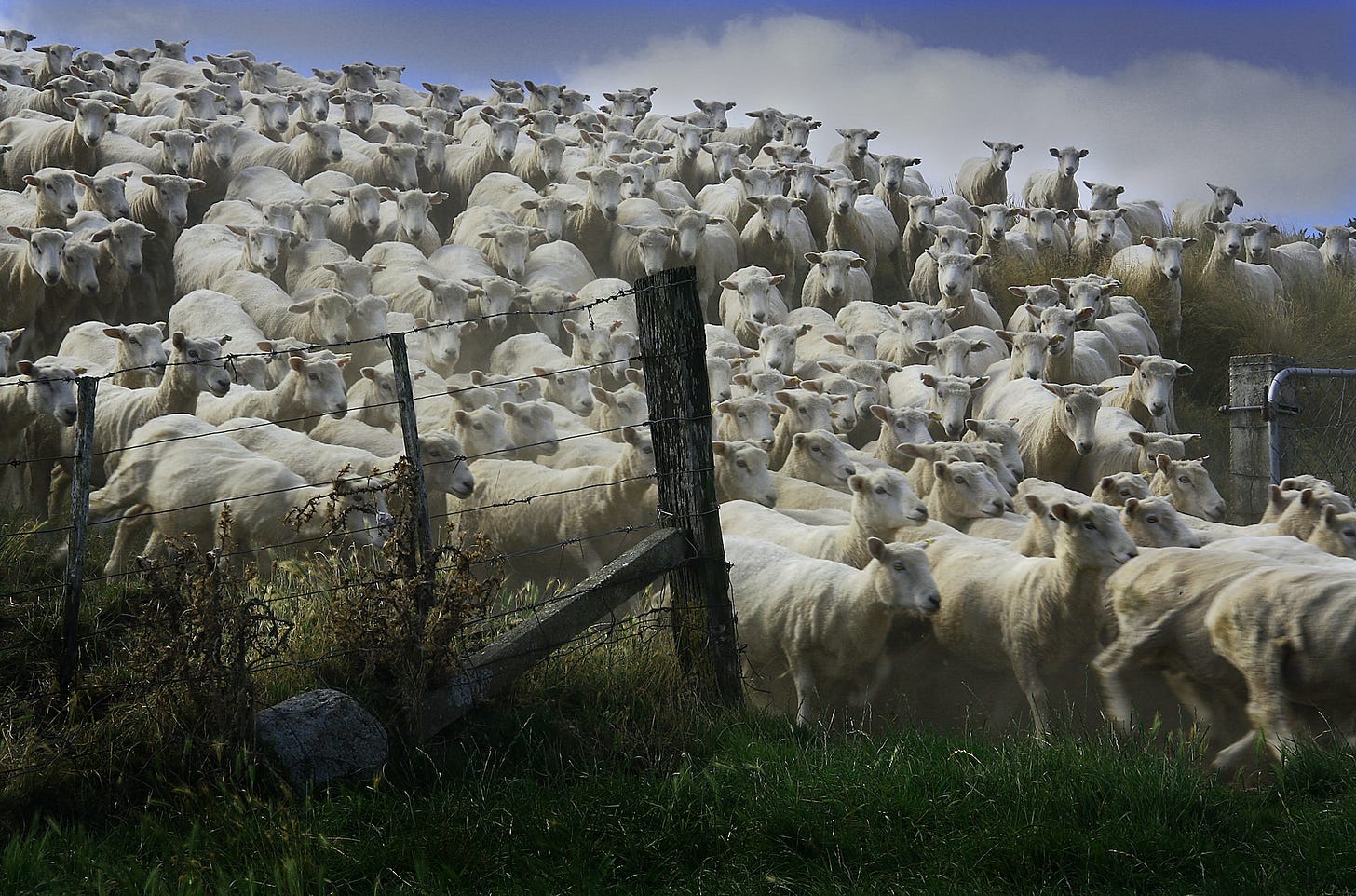The Gate Who Needs No Keepers

By Brandon Brown
This week I saw a Tweet from Rev. Dr. Tim Gaines which said: "If Jesus describes himself as the gate through which people enter (Jn 10:9), imagine what he might want to say to those who have appointed themselves gatekeepers." Judging by the amount self-appointed gatekeepers in our world, many have not taken time to think about a gate who needs no keepers. If Jesus is the gate, why would there be a need for gatekeepers? Irony abounds when we realize that most gatekeepers are found within Protestant churches; the very churches which claim there is no arbitration needed between human beings and God.
I can hear the objections already being prepared, but there is a difference between the structure, polity, doctrines, and dogmas of denominations and traditions versus the idea of gatekeeping. Those who appoint themselves gatekeepers typically place additional gates in front of that which they seek to protect. Jesus needs no extra set of gates, fences, and walls; for he is the gate, and it is through that gate that we find relationship, forgiveness, and love. "I am the gate. Whoever enters by me will be saved, and will come in and go out and find pasture. (Jn 10:9 NRSV)" The invitation of Jesus is to comfort and sustenance. The First Nations Version paints a picture of this passage which highlights these ideas. "I am the gate for the sheep. The ones who enter by me will be safe and well cared for. Following the Shepherd, they will go in and out and find good food to eat. (Jn 10:9 FNV-NT)" The aforementioned denominational structures are voluntary frameworks to which we submit ourselves, but they do not define the totality of the experience of the Church catholic. The various gatekeepers within those structures do not keep the gate to Jesus, as he needs no keepers.
Jesus condemned the Pharisees for making the path to God harder than it was supposed to be. They had added gates and mazes galore to a covenantal relationship. Israel herself forgot that she was to be a shining family of priests with lamps lighting the way to a God who is with us. They had become a human kingdom with extra burdens placed upon the people, which no longer pointed to a relational God. This is one reason that the keepers of the gates completely missed who Jesus is. Their gates had obscured the very nature of the Messiah they longed for and caused them to miss the birth of the kindom of God. Much like the gatekeepers of today who seize power and find ways to exclude even those who follow the doctrines, polity, doctrines, and dogmas which they claim to be protecting. This is because gatekeepers typically find more and more barriers to the gate in order to protect their idea of the gate rather than the truth of the gate.
I imagine what it would be like if we worked as hard at pointing people to the gate as we do in efforts to be keepers of the gate. It may be a lot more gracious, loving, and joyful and definitely less burdensome. I also think about how exhausting it must be to be a gatekeeper. Lay down that burden for the path to Jesus is clear and beautiful. He is the gate through which we are cared for and as we come and go, we find good food.


